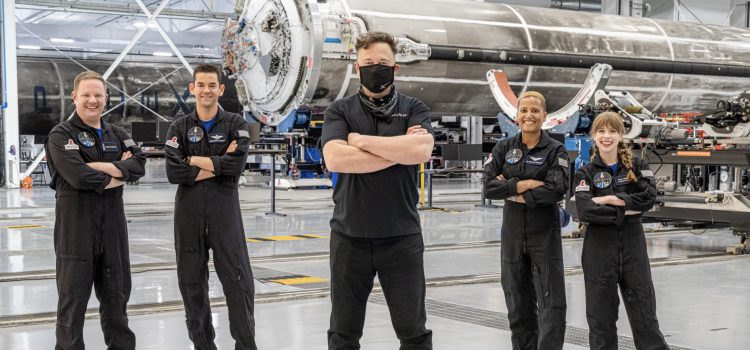How important is work-life balance? Does work-life balance lead to fulfillment? According to Ashley Goodall and Marcus Buckingham, the authors of Nine Lies About Work, maintaining a work-life balance can actually burn you out and make you unhappy. Instead, they suggest finding a job that you love so you won’t feel drained. Here’s why work-life balance is overrated.
How Important Is Work-Life Balance?










